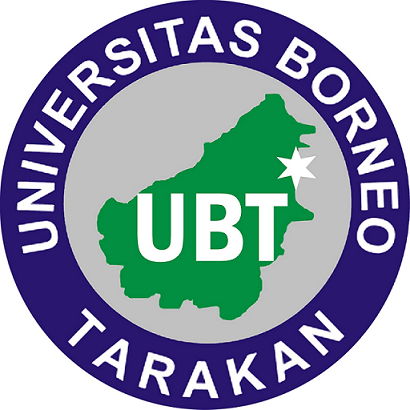PERAN PENYIDIK KEPOLISIAN TERHADAP ANAK YANG BERKONFLIK DENGAN HUKUM DALAM PERSPEKTIF RESTORATIVE JUSTICE
Abstract
Abstract
Â
Children are the hope of the nation. But reality shows that children are still involved in various forms of crime. Meanwhile, the police as law enforcers are expected to handle criminal cases involving children as a perpetrator with a different approach, namely the approach of restroative justice. This is what becomes the rationale for research with two objectives: (1). The role of police investigators on children in conflict with the law with a restroative approach
justice; (2). Forced efforts that can be carried out by police investigators on children in conflict with the law. This research is a normative study with two approaches, namelylegislation approach and conceptual approach. Based on this approach, the overall results of the study were analyzed argumentatively qualitatively. The results of the study indicate that police investigators have a very important role
important in handling crime cases involving children by exposing the child to putting forward the approach of restroative justice. The results of subsequent research, that forced efforts by police investigators against
children who are in conflict with the law in the approach of restroative justice, which should prioritize human values by integrating the role of the community, given the development of the child's soul. The recommendation of researchers is that police investigators handling child crimes should be provided with special skills that prioritize the approachrestroative justice.
Â
Keywords: Children, Police Investigators, and Restorative JusticeKeywords
Full Text:
PDFReferences
Undang-Undang Dasar Negara Republik Indonesia Tahun 1945, Amandemen ke-IV, Ditetapkan DiJakarta Tanggal 10 Agustus 2002;
Undang-Undang Nomor 39 Tahun 1999 Tentang Hak Asasi Manusia (Lembaran Negara RepublikIndonesia Tahun 1999 Nomor 165; Tambahan Lembaran Negara Republik Indonesia Nomor
.
Undang-Undang 11 Tahun 2012 Tentang Sistem Peradilan Pidana Anak, (Lembaran Negara Republik Indonesia Tahun 2012 Nomor 153; Tambahan lembaran Negara Republik Indonesia Nomor 5332).
Kitab Undang-Undang Hukum Pidana (S. 1915-732 jis. S. 1917-497, 645, mb. 1 Januari 1918, s.d.u.t.dg. UU No. 1 / 1946)
Undang-Undang Nomor 8 Tahun 1981 tentang Kitab Hukum Acara Pidana (Lembaran Negara Republik Indonesia Tahun 1981 Nomor 76; Tambahan Lembaran Negara Republik Indonesia Nomor 3209).
Undang-Undang Nomor 23 Tahun 2002 tentang Perlindungan Anak (Lembaran Negara Republik Indonesia Tahun 2002 Nomor 109; Tambahan Lembaran Negara Republik Indonesia Nomor 4235) sebagaimana telah di ubah dengan Undang-undang Nomor 23 Tahun 2002 tentang Perlindungan Anak (Lembaran Negara Republik Indonesia Tahun 2014 Nomor
; Tambahan Lembaran Negara Republik Indonesia Nomor 5606)
Undang-Undang Nomor 1 Tahun 1974 tentang Perkawinan (Lembaran Negara Republik
Indonesia Tahun 1974 Nomor 1; Tambahan Lembaran Negara Republik Indonesia Nomor 3019)
Undang-Undang Nomor 2 Tahun 2002 tentang Kepolisian Republik Indonesia (Lembaran Negara
Republik Indonesia Tahun 2002 Nomor 2; Tambahan Lembaran Negara Nomor4168), Kepolisian Negara Republik Indonesia merupakan bagian dari Angkatan Bersenjata Republik Indonesia, sehingga status hukum anggota Kepolisian Negara Republik Indonesia sama dengan status hukum anggota Angkatan Bersenjata RepublikIndonesia lainnya dan tunduk pada kekuasaan peradilan militer.
DOI: https://doi.org/10.35334/ay.v3i2.1553
Refbacks
- There are currently no refbacks.
Copyright (c) 2020 JURNAL AKTA YUDISIA

This work is licensed under a Creative Commons Attribution-NonCommercial-ShareAlike 4.0 International License.
INDEKS:
 Â Â
  
 Â Â
    Â
   Â
 


 | JURNAL AKTA YUDISIA |
Ciptaan disebarluaskan di bawah Lisensi Creative Commons Atribusi-NonKomersial 4.0 Internasional.







